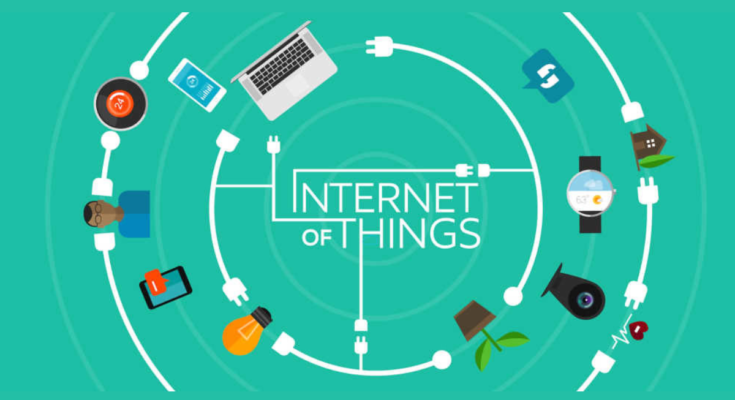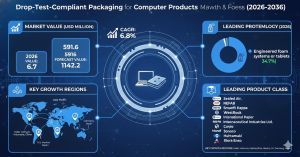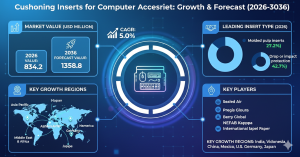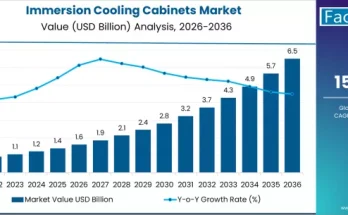The IoT (Internet of Things) analytics market comprises of wide range of technologies, solutions, and services designed to analyze data generated by IoT devices and sensors. As the number of connected devices continues to grow across various industries and domains, organizations are increasingly seeking to achieve actionable insights from IoT data to optimize processes, improve decision-making, and drive innovation. The global IOT Analytics market is expected to witness a CAGR of 22.2% from 2024 to 2034. Moreover, the market is projected to experience a valuation of US $ 250 billion by 2034.
Market Landscape:
- North America represents one of the largest and fastest-growing markets for IoT analytics globally. The region’s advanced technological infrastructure, strong investment in IoT initiatives, and presence of leading IoT analytics vendors contribute to the market’s growth. Various industries in North America, including manufacturing, healthcare, transportation, energy, and agriculture, have embraced IoT analytics to enhance operational efficiency, optimize processes, and deliver innovative services.
- The US market is expected to witness a CAGR of 22.4% during the forecast period and is predicted to reach a market value of US $ 73 billion by 2024.
- The Asia-Pacific region is witnessing rapid adoption and expansion of IoT technologies across various industries, including manufacturing, agriculture, healthcare, smart cities, and retail. Organizations in APAC are increasingly deploying IoT solutions to improve operational efficiency, enhance customer experiences, and drive digital transformation.
- Many countries in the Asia-Pacific region have launched government-led initiatives and investment programs to support the development and adoption of IoT technologies. These initiatives aim to foster innovation, build digital infrastructure, and accelerate the deployment of IoT analytics solutions in key sectors such as smart manufacturing, agriculture modernization, and urban development.
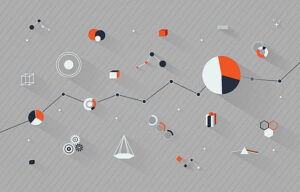
Key companies in the market:
- Google (Alphabet Inc.): Google uses IoT analytics to make devices smarter and operations smoother. They’ve made strides in miniaturizing analytics tools for devices and teaming up with hardware makers to embed these capabilities directly into gadgets. Google has focused on developing compact and efficient analytics tools suitable for IoT devices with limited resources such as processing power and memory. By optimizing algorithms and leveraging cloud computing capabilities, Google has enabled the deployment of sophisticated analytics functions on resource-constrained devices, facilitating real-time data processing and analysis at the edge. Moreover, Google has collaborated with hardware manufacturers to embed analytics capabilities directly into IoT devices, enabling them to perform data processing and analysis locally without relying solely on cloud infrastructure.
- Amazon (Amazon Web Services): Amazon’s AWS offers tools like AWS IoT Analytics and AWS IoT Events, which help businesses make sense of IoT data quickly. Recently, they’ve integrated these tools with advanced machine learning through Amazon SageMaker, and they’re continuously expanding their suite of IoT services.
- AWS IoT Analytics enables organizations to cleanse, process, and enrich IoT data streams, facilitating deeper analysis and visualization. AWS IoT Events, on the other hand, enables real-time monitoring and response to IoT events, allowing businesses to detect and react to critical situations proactively.
- Microsoft: Microsoft’s Azure platform provides powerful analytics for IoT deployments. They use tools like Azure Stream Analytics and Azure Machine Learning to help businesses predict maintenance needs and optimize assets. Lately, they’ve introduced Azure IoT Central for easier IoT solution development and management. Microsoft Azure seamlessly integrates IoT Analytics capabilities with its broader suite of cloud services, including data storage, processing, and visualization tools. By leveraging Azure’s cloud infrastructure, businesses can scale their IoT analytics workloads dynamically, optimize resource utilization, and derive insights from IoT data effectively.
- IBM: IBM’s Watson IoT Platform uses AI and edge computing to enable smart decision-making in IoT environments. With solutions like IBM Maximo Asset Monitor, they help predict breakdowns and improve efficiency. They’ve also partnered with Red Hat to simplify IoT app deployment across different cloud setups.
- Moreover, IBM offers solutions like IBM Maximo Asset Monitor, which leverages IoT data and AI-driven analytics to predict equipment breakdowns and optimize asset performance. By analyzing historical data, monitoring equipment health in real-time, and identifying anomalies, Maximo Asset Monitor enables organizations to implement predictive maintenance strategies, minimize downtime, and extend asset lifespan.
- Siemens: Siemens offers IoT analytics tailored for industrial use. Their MindSphere platform helps monitor and optimize processes in real time. Siemens provides vertical-specific IoT analytics solutions tailored to address the unique requirements of different industries. Whether it’s manufacturing, energy, healthcare, or transportation, Siemens offers specialized analytics modules and applications designed to address industry-specific challenges and opportunities.
